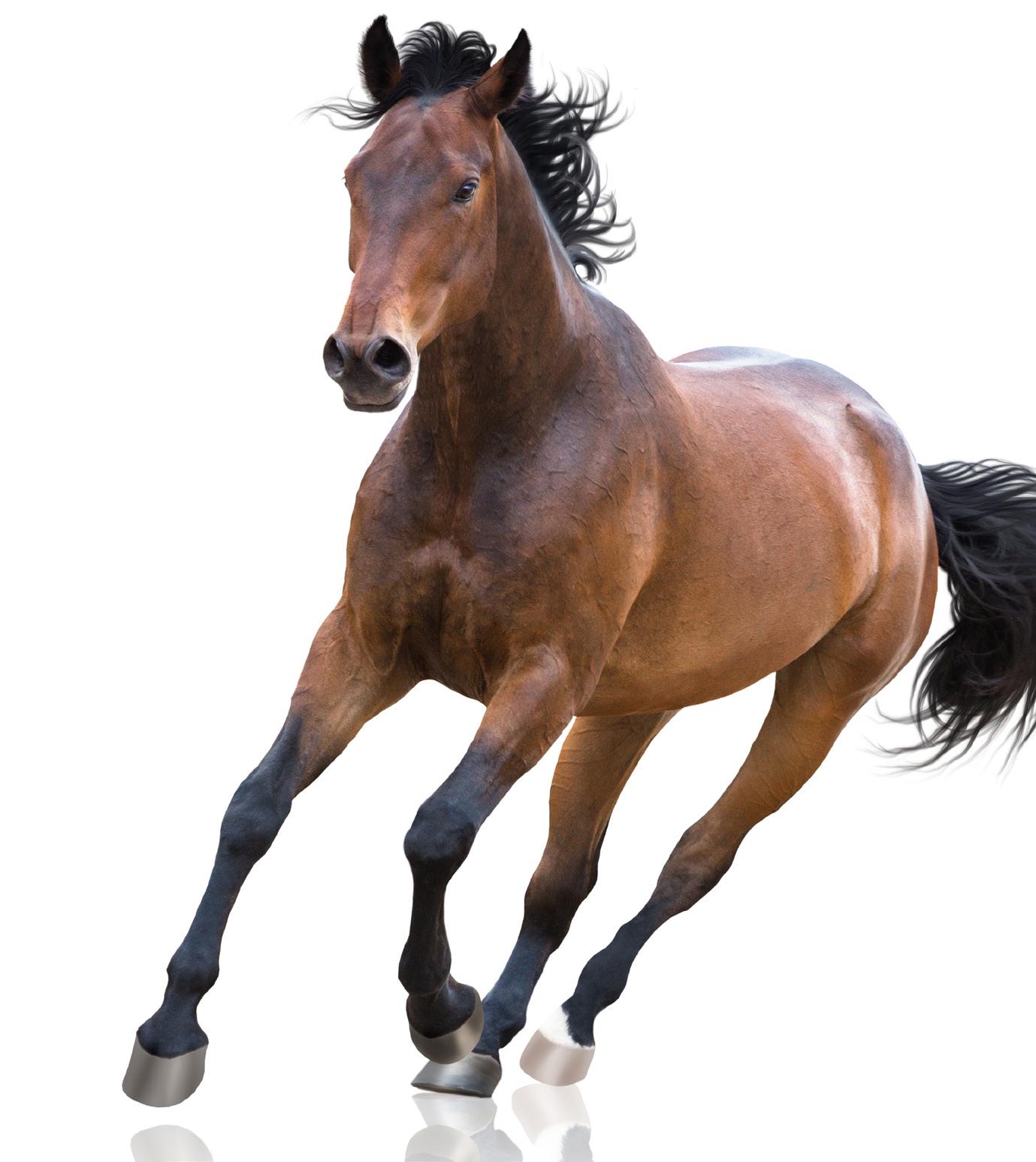
1 minute read
Pet Project
Neigh-Saying to CBD
By Amy Marie Orozco
Advertisement
It seems researching the medicinal benefits of cannabis has a hitch in its giddyup, particularly in veterinary studies. And in the case of horses, it’s almost like science has blinders on. According to thehorse.com, “only one report on [CBD’s] effects on horses has been published. Ever.”
That’s not to say the equine world isn’t exploring CBD. Anecdotally, CBD has shown to help with aches and pains (horses are made to do a lot of exercising) as well as with anxiety.
CBD: Quick review: CBD stands for cannabidiol, the second most active ingredient of cannabis and comes from hemp. CBD does not give a “high.” CBD generally is considered safe and can have some mild side effects, which may include dizziness, drowsiness, and diarrhea.
Ailments: CBD helps with inflammatory issues such as arthritis, in addition to pain relief, insomnia, and digestive disturbances. It also has been shown to help with anxiety and other sensitive behaviors.
Dosage: Cannabinoids appear to act more intensely on horses than dogs. So, advises horseillustrated.com, don’t treat your horse like a 1,000-pound canine. It’s not a simple mathematical equation. Start the dosage discussion with your veterinarian. Here are some general dosage guidelines for horses: Minis – 25 to 50mg; Full-sized (1,100 pounds) – 75 to 170mg; and Large – 120 to 200mg.
Research products and study labels to familiarize yourself with amounts and ingredients. CBD comes in a variety of forms, such as balms, pastes, pellets, and tinctures. It may take some trial and error to find what’s right for your horse.
Considerations: Erring on the side of caution, some veterinarians advise against pregnant or nursing mares and breeding stallions ingesting CBD. Though CBD will not produce psychoactive effects, it may be against specific racing association and/or show circle rules.
As always, CBTS recommends buying from a licensed dispensary. At the very least, insist upon third-party Certificate of Analysis of ingredients and demand organically grown products. Don’t buy any CBD products that contain pesticides, solvents, or contaminants.
While cannabis research remains woefully behind the curve, the plant’s newly legal status has increased exploration of its healing properties. Hopefully, it won’t be long until we cross the finish line of unlocking all the potential cannabis has to offer.










